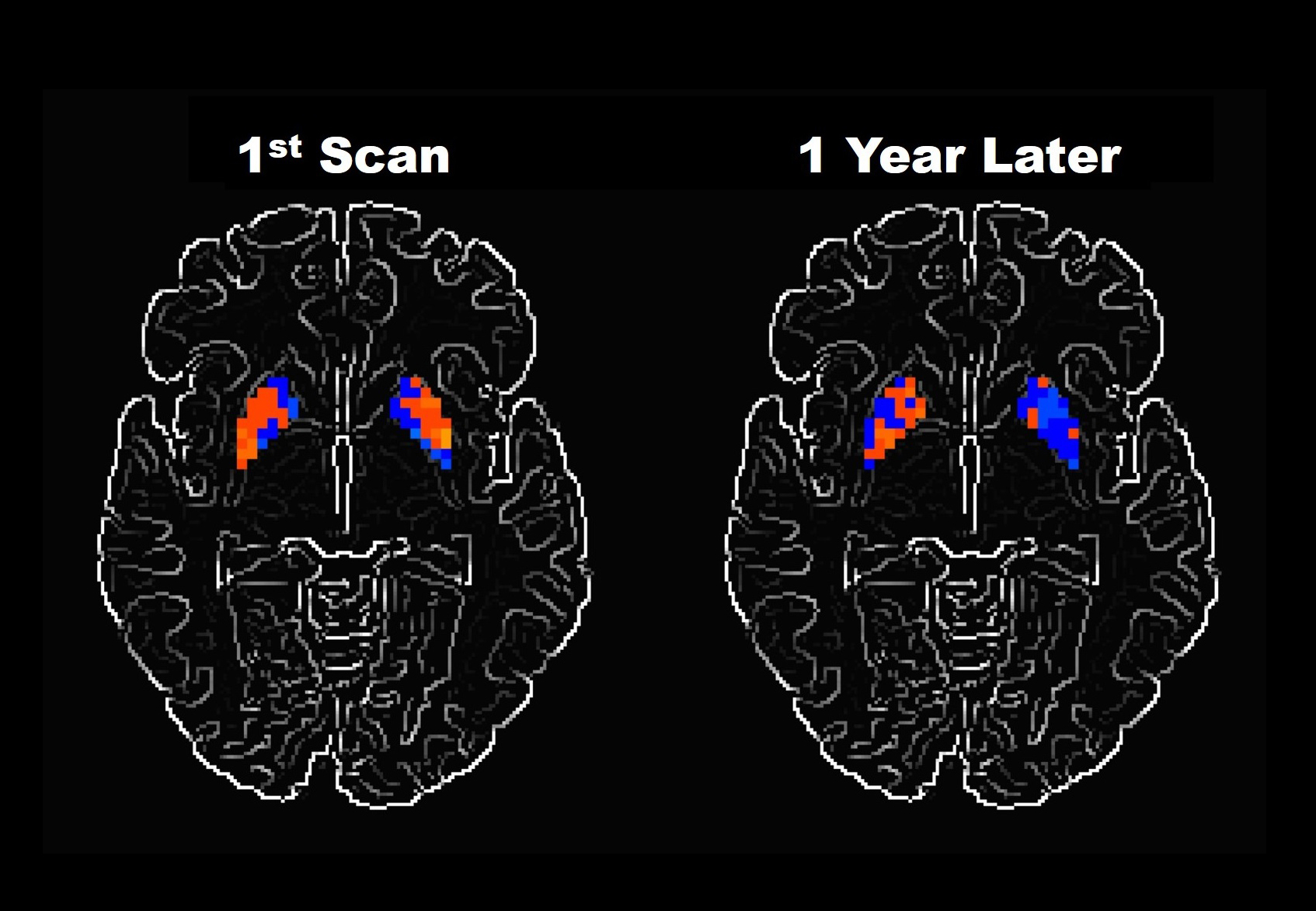Gastrointestinal issues such as constipation, difficulty swallowing, and irritable bowel syndrome could potentially serve as early indicators of Parkinson’s disease, according to a recent study published in the journal Gut.
The research provides additional evidence supporting the notion that there is a close connection between brain health and gut function.
Understanding the underlying reasons behind gastrointestinal problems might enable earlier intervention and treatment for Parkinson’s disease, suggest the researchers.
Parkinson’s disease is a progressive condition, meaning that the brain disorder worsens over time.
Parkinson’s disease occurs when nerve cells in the brain that produce dopamine become damaged, leading to a shortage of this chemical in the brain.
This shortage causes symptoms such as involuntary tremors or shaking, slow and shuffling movements, and stiff muscles.
While there is currently no cure for Parkinson’s disease, treatments are available to help alleviate the primary symptoms and maintain quality of life for as long as possible.
Identifying the disease even before neurological symptoms manifest and significant brain cell damage occurs could potentially make a substantial difference.
For their study, researchers analyzed medical records from 24,624 individuals diagnosed with Parkinson’s disease in the United States, comparing them with:
- 19,046 individuals diagnosed with Alzheimer’s disease
- 23,942 individuals diagnosed with cerebrovascular disease (brain bleeds or clots)
- 24,624 individuals with no reported brain-related disorders
Their objective was to determine:
Whether patients with Parkinson’s disease more frequently experienced gastrointestinal issues in the six years leading up to their diagnosis.

Whether individuals with gastrointestinal problems were at a higher risk of developing Parkinson’s disease.
The findings from five years of data analysis revealed affirmative answers to both questions.
Specifically, four gastrointestinal conditions—constipation, difficulty swallowing, gastroparesis (which slows food movement through the small intestine), and irritable bowel syndrome—were associated with an increased risk of developing Parkinson’s disease.
Interestingly, removal of the appendix appeared to have a protective effect, a phenomenon noted by other scientists in previous studies.
The researchers emphasized that not everyone experiencing gastrointestinal problems will develop Parkinson’s disease, but there appears to be a correlation between gut health and brain health.
The gastrointestinal tract contains millions of nerve cells that communicate with the brain. Experts suggest that therapies beneficial to one system might also impact the other, or that an illness affecting one region could influence the other.
Clare Bale, representing Parkinson’s UK, commented that these results “further support” the hypothesis that gut issues could serve as an early indication of Parkinson’s disease.
Professor Kim Barrett from the University of California, Davis, stressed the need for additional research to determine whether this link could be leveraged by healthcare providers to benefit patients.
“It’s possible that both gastrointestinal conditions and Parkinson’s disease are independently linked to an as-yet-unknown third risk factor – the findings reported cannot establish causality,” Prof. Barrett noted.
“Nevertheless, these conclusions hold potential clinical relevance and should encourage further investigation,” he added.
Dr. Tim Bartels, of the UK Dementia Research Institute at University College London, highlighted that this research firmly establishes the gut as a promising area for identifying biomarkers of Parkinson’s disease—measurable physical changes that could serve as early warning signs.
He emphasized that earlier prediction of Parkinson’s disease could significantly enhance the effectiveness of treatment and drug targeting strategies.
